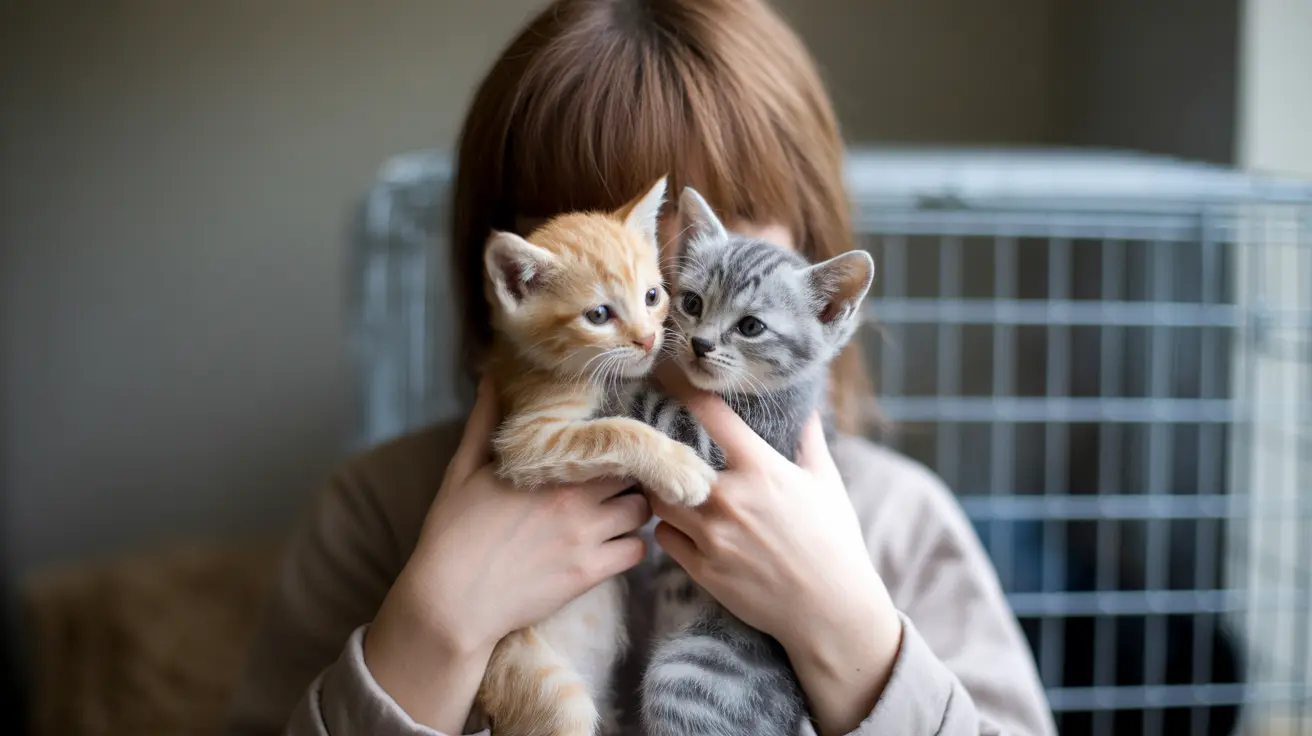Recognizing Symptoms of Ascites in Cats
If your cat's belly suddenly looks rounder or feels swollen, you might be witnessing ascites, the accumulation of fluid in the abdomen. This isn't a disease itself but a sign that something serious is happening inside your cat's body. Understanding the symptoms can help you act quickly and get your feline friend the care they need.
What Exactly Is Ascites?
Ascites refers to fluid building up in the peritoneal cavity (the space within the abdomen). The type of fluid—blood, serum, urine, lymph—depends on what's causing the problem. Common causes include organ dysfunction (like heart or liver failure), trauma, infection, or even cancer. Because it's a symptom rather than a diagnosis, identifying ascites means there’s an underlying issue that needs attention.
Main Symptoms to Watch For
- Abdominal swelling or distension: The most obvious sign is a rounded, pendulous belly. It may feel tight or look larger than usual.
- Discomfort or pain: Cats with ascites often resist being touched on their abdomen and may vocalize when lying down.
- Difficulty breathing: As fluid builds up and pushes against the diaphragm, breathing can become rapid or labored.
- Lethargy: Low energy is common; your cat may seem less interested in play or social interaction.
- Reduced appetite and weight loss: Eating less and losing weight—even as their belly grows—can occur.
- Nausea, vomiting, diarrhea: Some cats experience digestive upset along with other symptoms.
You might also notice other changes depending on the underlying cause:
- Coughing or fever
- Muscle wasting (especially around hips, ribs, spine)
- Increased thirst and urination (if organs like kidneys are involved)
- A heart murmur or weak pulse (if heart failure is present)
Why Do These Symptoms Occur?
The symptoms stem from both the physical presence of fluid and whatever disease is causing it. For example:
- If heart failure is to blame, poor circulation leads to leakage from blood vessels into the abdomen.
- Liver disease reduces protein production so fluid can't stay in blood vessels where it belongs.
- Kidney problems can cause protein loss through urine, again lowering blood protein levels and allowing fluid buildup.
Certain infections (like feline infectious peritonitis) or cancers can also trigger inflammation and effusion. Trauma—such as falls or accidents—may cause internal bleeding or organ rupture leading to sudden ascites.
The Importance of Early Recognition
Cats are experts at hiding illness until they're quite sick. If you spot a swollen belly combined with any of these symptoms—trouble breathing, low energy, poor appetite—it’s time for a veterinary visit. Early intervention improves outcomes significantly. Don’t try to treat this at home; draining fluid yourself risks infection and injury.
Diagnosis: What Will Your Vet Do?
- Your vet will take a thorough history and perform a physical exam focused on abdominal distension and related signs.
- X-rays or ultrasound help visualize fluid and check for tumors or organ enlargement.
- Bloodwork (chemistry panel), urinalysis, and sometimes stool tests look for clues about organ function and infection.
A key step is sampling some abdominal fluid (abdominocentesis) for analysis. The appearance, cell count, protein content, and other markers help determine if it’s due to infection, cancer, ruptured organs—or something else entirely. Further tests may be needed if heart disease is suspected or masses are found.
Treatment: Addressing Both Symptom and Cause
- If breathing is compromised by too much fluid, careful drainage provides quick relief—but it's not a cure by itself.
The main goal is always treating the underlying condition:
- Diuretics for heart-related causes
- Antibiotics if infection is present
- Diets low in sodium for certain organ diseases
Surgery might be necessary if there's trauma or tumors involved. Supportive care—like oxygen therapy or IV fluids—helps stabilize very sick cats while longer-term management plans are made.
Caring for Your Cat at Home
- Make food, water, litter box access easy; provide soft bedding to reduce discomfort.
Monitor your cat for any changes: Is their belly growing? Are they eating less? Is breathing harder? Frequent rechecks with your veterinarian ensure therapy stays on track as your cat's condition evolves.
The Prognosis: What Should You Expect?
The outlook depends entirely on what’s causing the ascites. Some conditions respond well to treatment; others—like advanced cancer or untreatable infections—carry a poorer prognosis. Still, prompt recognition gives your cat the best shot at comfort and quality of life for as long as possible.





